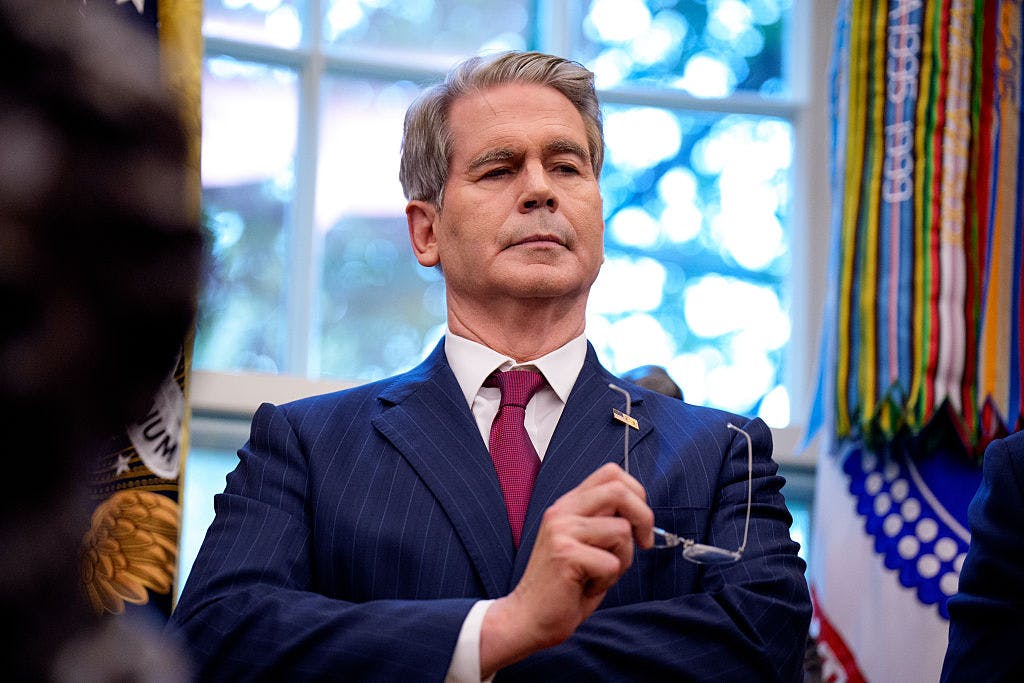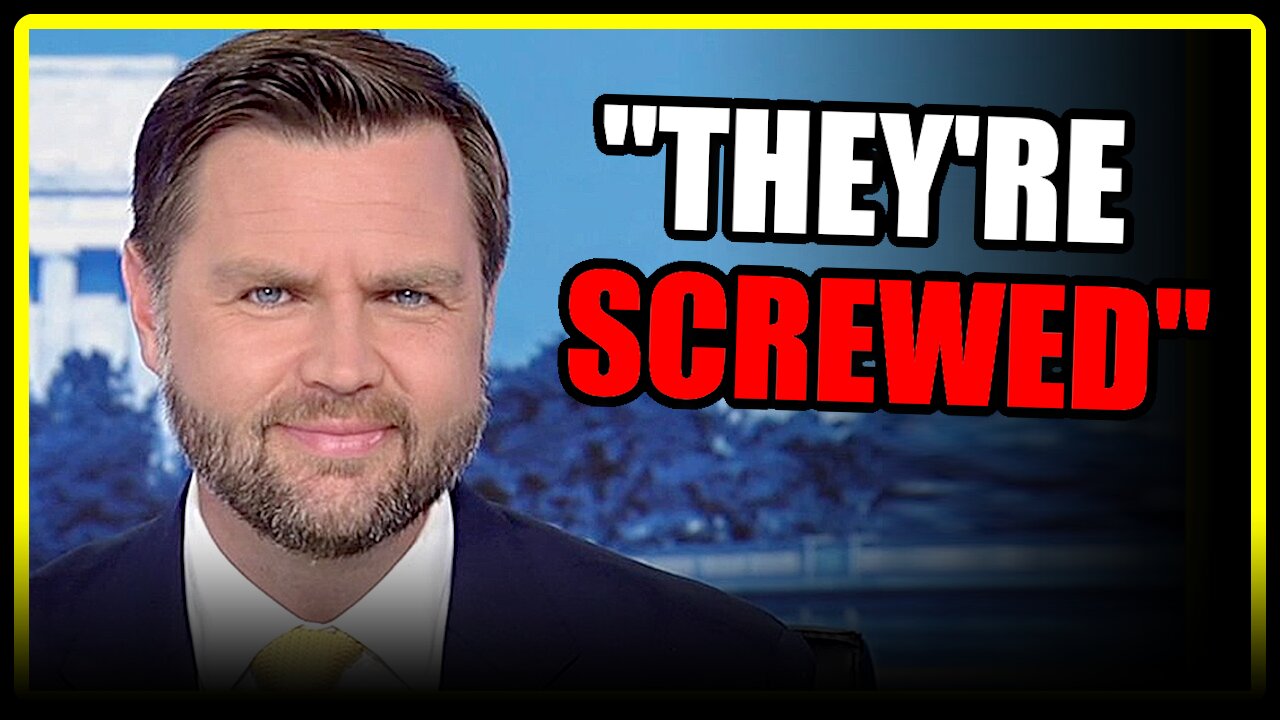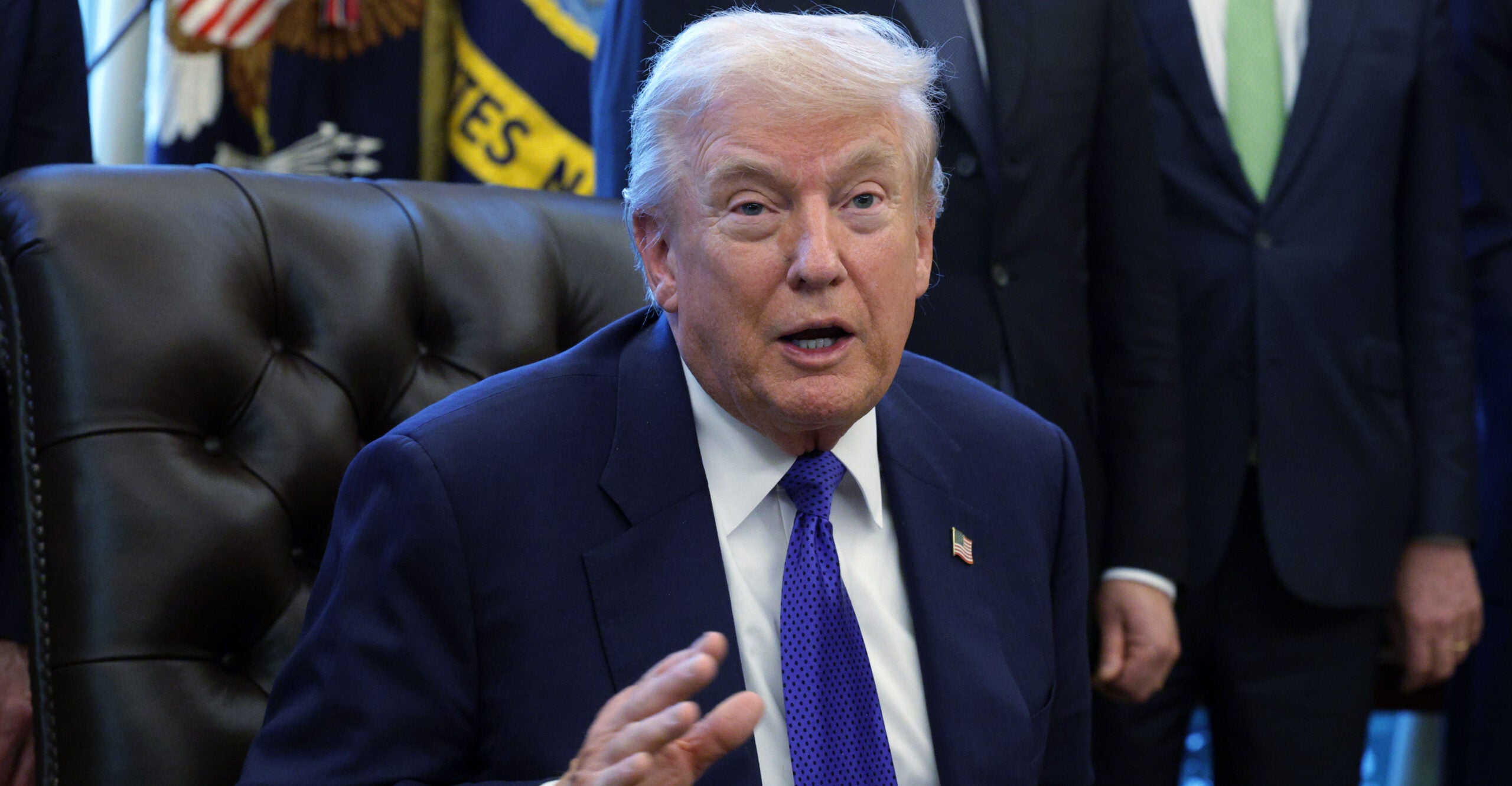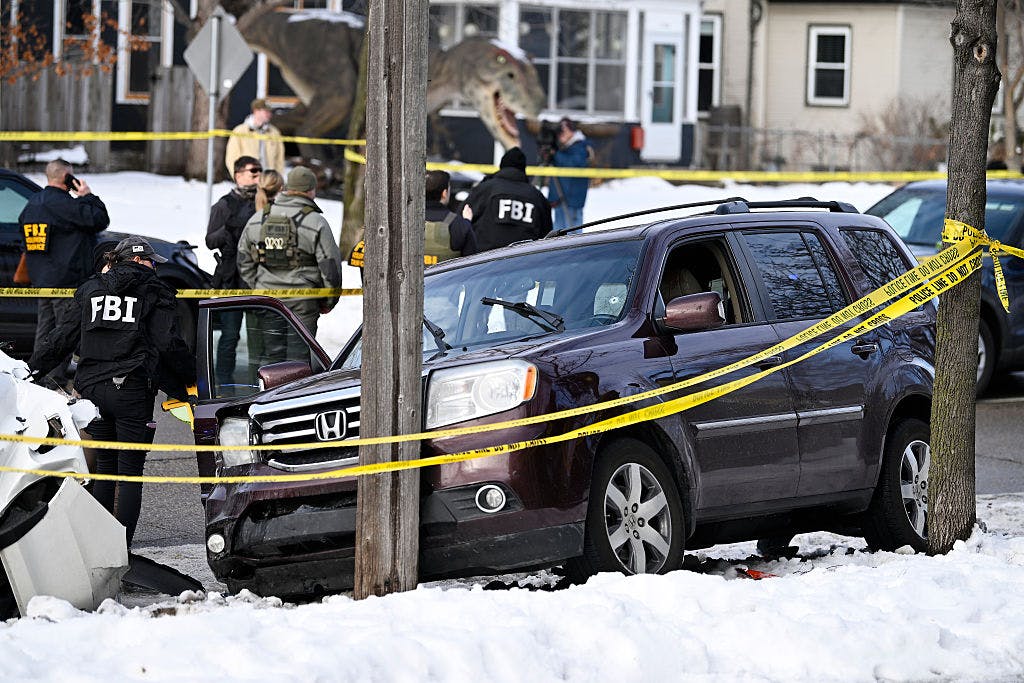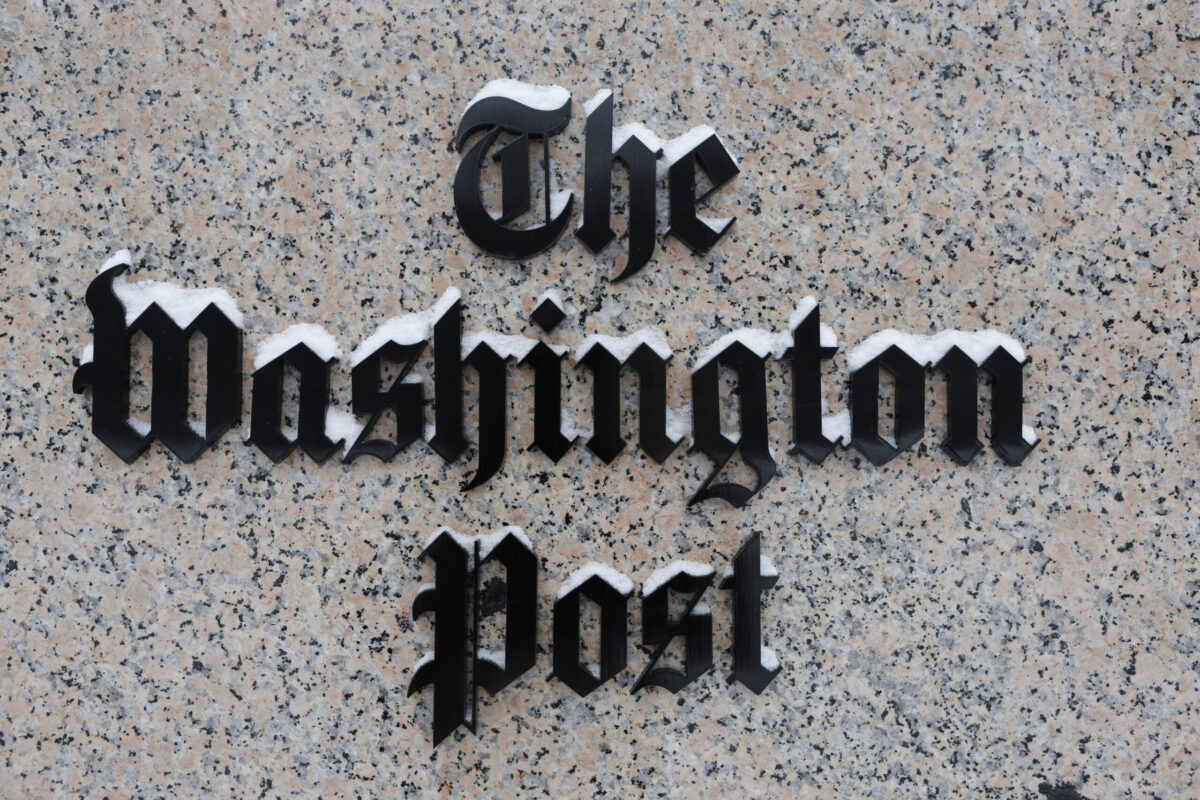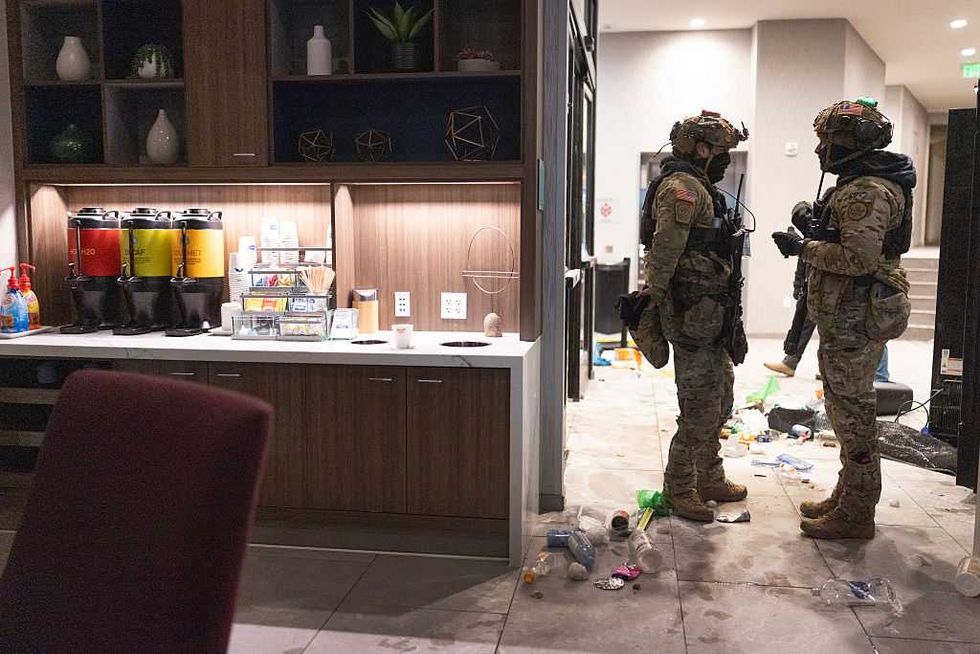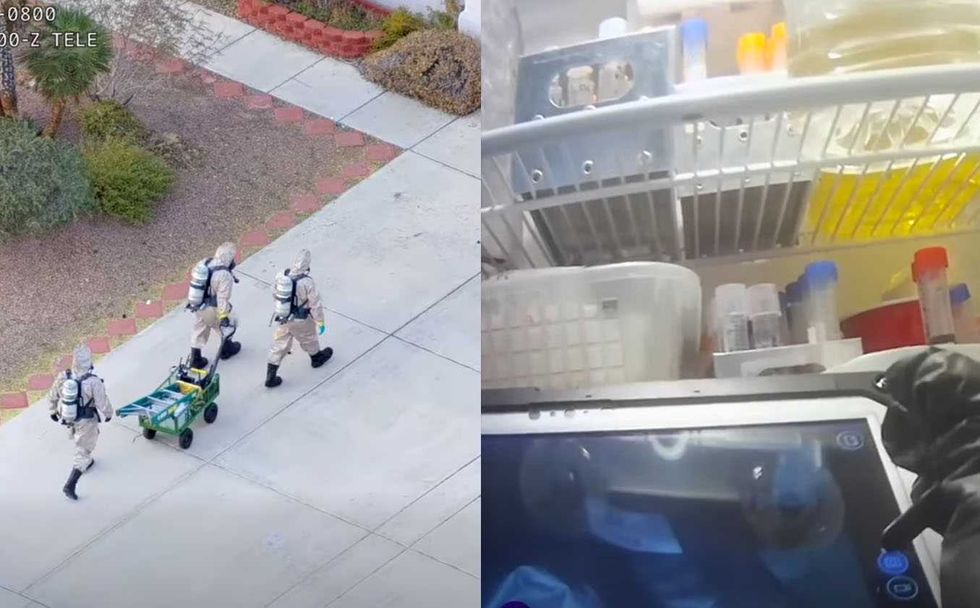Hegseth Warns U.S. Enemies: ‘I Want To Know Who Owns The Land Around Our Bases’

Speaking on Tuesday, Defense Secretary Pete Hegseth sent a warning that the Trump administration would investigate who is buying land around U.S. military bases in the homeland.
Live Your Best Retirement
Fun • Funds • Fitness • Freedom
“Congressional Republicans have introduced companion bills to halt Chinese purchases outright, and the Pentagon is aligning with USDA and the Committee on Foreign Investment in the United States (CFIUS) to identify and shut down high-risk acquisitions,” North Carolina journalist Sloan Rachmuth noted on Substack.
“I want to know who owns the land around our bases and strategic bases, and getting an understanding of why foreign entities, foreign companies, foreign individuals, might be buying up land around those bases,” Hegseth asserted. “That’s something I should be paying attention to on behalf of the American people, on behalf of my department and on behalf of the president. It’s common sense. And so, food security, just like energy resilience, just like where we get our water, that’s all national security, especially in a contingency.”
“So we would be asleep at the wheel if we were not fully a party to an effort like this to ensure that our nation had the food supply it needs, but specifically our troops have what they need on our basis so that in those moments, you can rely on us here in the United States to provide that security,” he continued, warning, “So no longer can foreign adversaries assume we’re not watching and we’re not paying attention and we’re not doing something because we are.”
In April, Rep. Pat Harrigan (R-NC) introduced the Military Installation Retail Security Act, which would ban companies owned by enemy nations from operating retail stores on U.S. military installations. In October 2023, Senator Tim Scott (R-SC) introduced the “Protect Our Bases Act,” which would “require the Committee on Foreign Investment in the United States to annually review and update the facilities and property of the United States Government determined to be national security sensitive for purposes of review of real estate transactions.”
In the North Carolina Senate, lawmakers introduced the NC Farmland and Military Protection Act, which would bar any foreign government from buying land within a 25-mile radius of military installations. The North Carolina House is considering a similarly named bill, which would increase that radius to 75 miles. North Carolina is the home of Fort Bragg, Pope Army Airfield, and Marine Corps Base Camp Lejeune, among other military bases.
“Agriculture is our largest industry, generating $111 billion a year and covering over 8 million acres. The military is our second-largest sector, adding up to $80 billion annually and supporting more than 650,000 jobs,” Rachmuth noted. “Allowing hostile governments to buy farmland near these sites is not just an economic risk — it’s a direct threat to operational security. Property near runways, radar stations, or training grounds can be used for surveillance equipment, drone staging, or subtle encroachment on military activities.”
In 2023, the people of North Dakota saw a Chinese plan for opening a corn mill near a sensitive military base and took matters into their own hands, blocking the project.
The Grand Forks City Council, aware that the U.S. military did not have jurisdiction to kill the project, voted unanimously in February 2023 to block Chinese food producer Fufeng Group from building the mill only 12 miles from the Grand Forks Air Force Base. In spring 2022, three North Dakotans sold the land for millions of dollars; the town’s mayor, Brandon Bochenski, pointed out that the proposed $700 million plant would create more than 200 jobs, but also admitted there were national security concerns.
“The Committee on Foreign Investment in the United States (CFIUS) considered an October 2022 filing by the Fufeng Group to acquire certain assets in the vicinity of Grand Forks, North Dakota. Grand Forks Air Force Base is the center of military activities related to both air and space operations,” U.S. Air Force Assistant Secretary Andrew P. Hunter warned North Dakota Senators John Hoeven and Kevin Cramer in January.
“While CFIUS concluded that it did not have jurisdiction, the Department’s view is unambiguous: the proposed project represents a significant threat to national security with both near and long-term risks of significant impacts to our operations in the area,” he added.
“With regard to Fufeng, if you’re going to strategically decouple, that means we don’t want their investment,” Cramer said last June.
Originally Published at Daily Wire, Daily Signal, or The Blaze
What's Your Reaction?
 Like
0
Like
0
 Dislike
0
Dislike
0
 Love
0
Love
0
 Funny
0
Funny
0
 Angry
0
Angry
0
 Sad
0
Sad
0
 Wow
0
Wow
0

